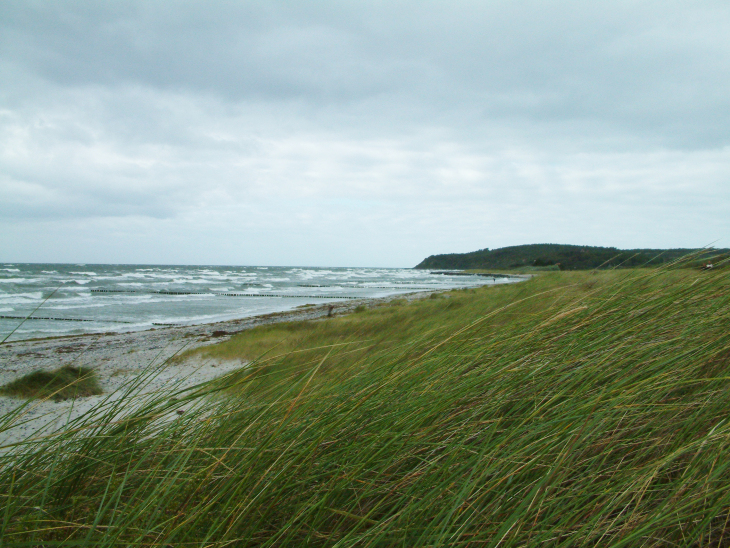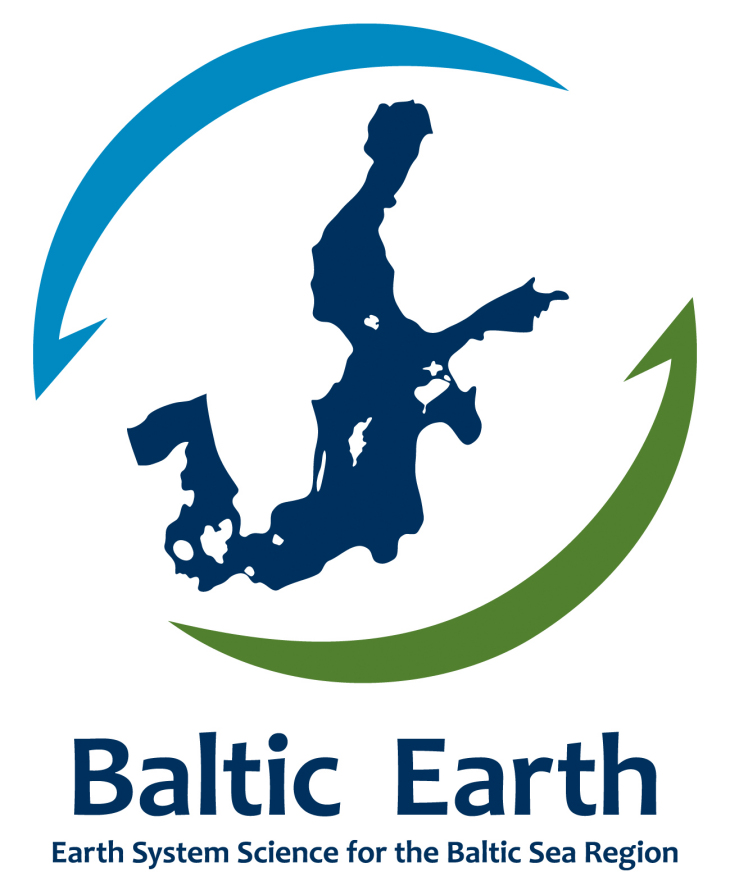New climate report for the Baltic Sea region
The Second Assessment of Climate Change in the Baltic Sea Region (BACC II) of 2015 is currently being updated by scientists from the international Baltic Earth network.
Joint Press Release of Leibniz Institute for Baltic Sea Research Warnemünde (IOW), Helmholtz-Zentrum Geesthacht and Baltic Earth.

Photo: HZG/Markus Reckermann
As for the previous two BACC reports (2008, 2015), Baltic Earth experts from various research fields will compile the updated report. “BACC III will review the findings on climate change in the Baltic Sea region and its impacts, published after 2012, the editorial deadline for BACC II,” says Dr. Marcus Reckermann of the International Baltic Earth Secretariat at Helmholtz-Zentrum Geesthacht (HZG). Several hundred publications from different subject areas such as meteorology, hydrology, oceanography, biology and biogeochemistry will be assessed and summarized. “It usually takes many years before new findings emerge in the general scientific understanding. We would like to speed up this process to integrate new results, including those that differ from earlier ones,” Dr. Reckermann says.

Again, there will be a close cooperation with HELCOM (Baltic Marine Environment Protection Commission - Helsinki Commission) which will use the findings elaborated by Baltic Earth scientists to produce concise “fact sheets” on climate change and its impacts. An expert panel in which Baltic Earth scientists are collaborating will overlook the production of this easy-to-access information for laypersons and decision-makers. "HELCOM would like to integrate regional climate change and the resulting developments to a greater extent into its work. Baltic Earth as an expert network on regional climate change has been involved from the very beginning to help with the production of scientifically sound fact sheets," says Prof. Markus Meier of the Leibniz Institute for Baltic Sea Research Warnemünde (IOW), who will lead the preparation of the new climate report (“BACC III”), together with a team of international scientists from the entire Baltic Sea region.
In addition to the new climate report, further overview reports are in preparation, as “Baltic Earth Assessment Reports” (BEAR) on the Grand Challenges of Baltic Earth, i.e. on salinity dynamics, fluxes in the catchment area, extreme weather events, the dynamics of sea level and coasts, the understanding of the water and energy cycle, and the interaction of various factors in the observed changes in the Baltic Sea region. Two technical contributions deal with the current knowledge on climate observation methods and coupled climate modelling. These reports, coordinated by the International Baltic Earth Secretariat and reviewed by external experts, will be available as a special issue by the end of 2020.
Scientific Contact:

Head of the International Baltic Earth Secretariat at Helmholtz-Zentrum Geesthacht (HZG)
Phone: +49 (0)4152 871693
E-mail contact
Chairman of the International Baltic Earth Steering Group Leibniz Institute for Baltic Sea Research Warnemünde (IOW)
Phone: +49 (0)381 5197 150
E-mail contact